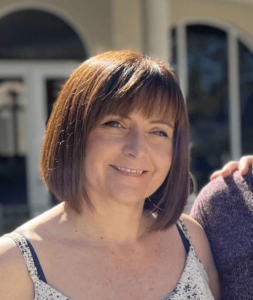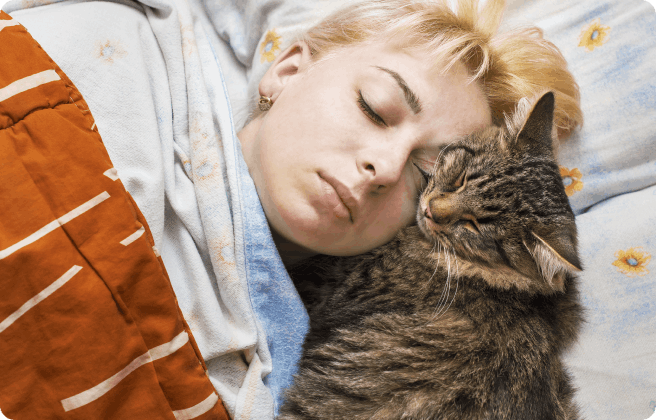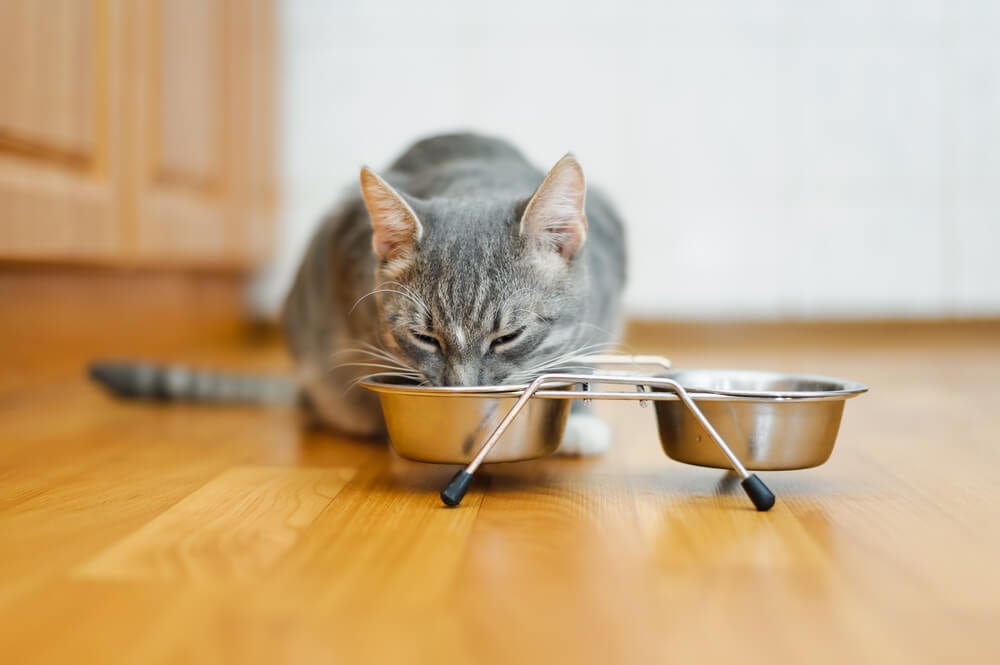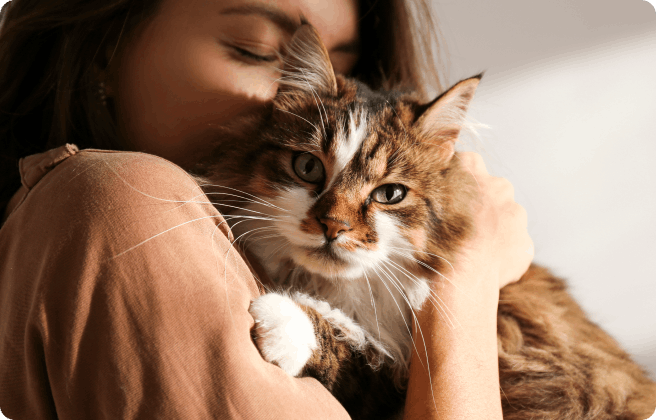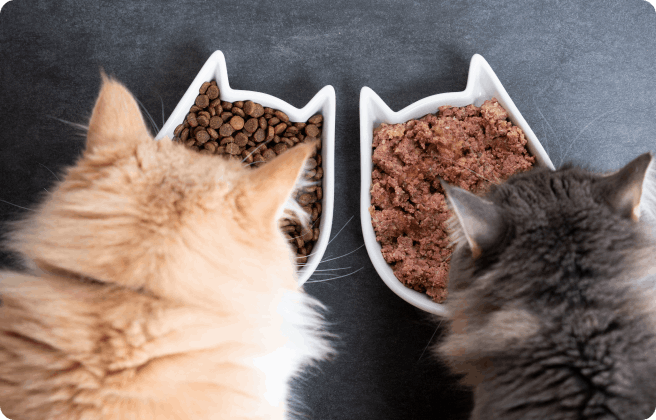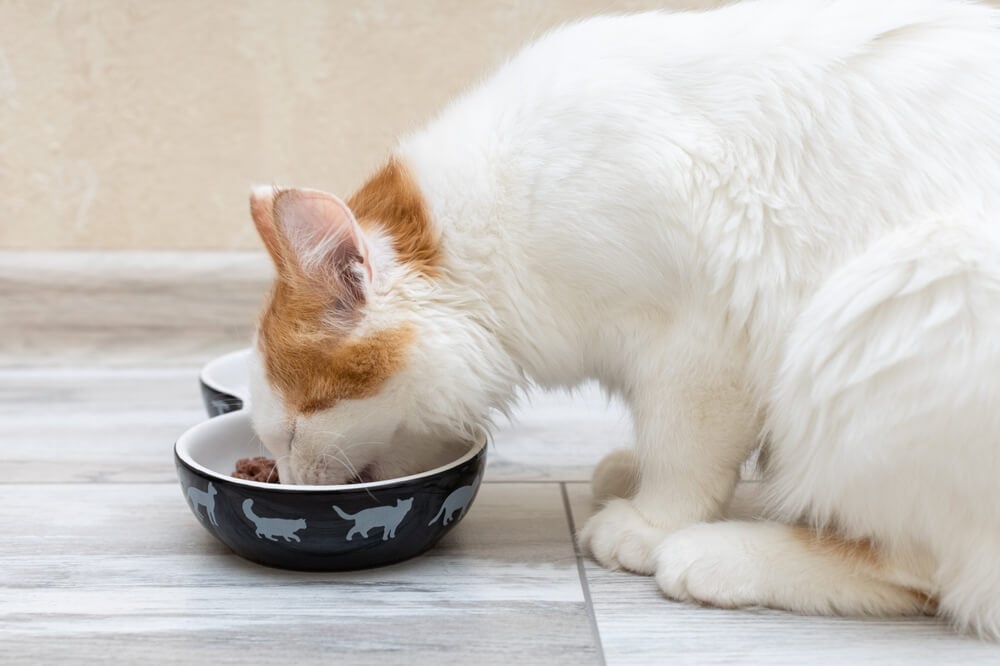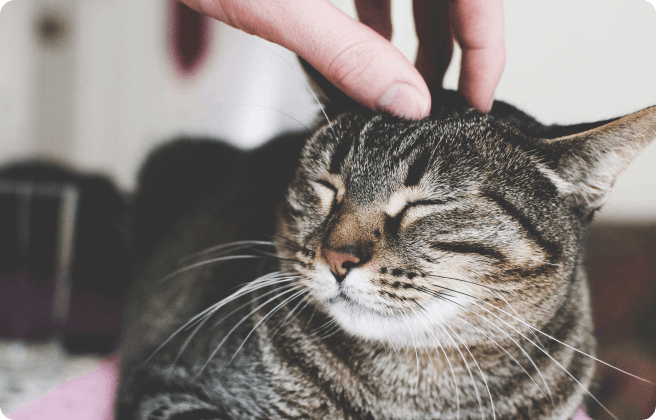
Nobody would deny headbutting is a pretty aggressive action when it’s done between humans, but for cats, it’s anything but. Also known as bunting, cats use their heads to make contact with others for loving reasons and violence doesn’t even come into it.
Why do cats headbutt?
To start, it helps to learn a little about feline physiology. Cats have glands all over their bodies that release pheromones and it just so happens that many of these are located on the face, including on the chin, cheeks and behind the ears. When they rub their heads against something — be it an inanimate surface, another cat or even a human — they’ll deposit a trail of strongly scented pheromones.
But why do they feel the need to do that? Well, you might not be able to smell them, but to other cats, it’ll be immediately obvious that your cat has been in this very spot at some point in the recent past and claimed it as their territory. It might sound petty to humans, but this is a positive and completely natural thing for them to do — it helps cats quickly distinguish what is or isn’t a safe space.
Why do cats headbutt other cats?
It’s a way for them to make feline friends, or trusted allies at least. When cats bunt with one another, they create a mix of pheromones, forming a ‘colony scent’ in the process — think of it a bit like a secret handshake.
This distinctive scent can also be left through allogrooming, which is when cats will clean and preen each other. Cats are creatures of few words, but pheromones act as a pretty effective means of communication.
So when your cat chooses to headbutt you, it should be seen as a gesture of trust and goodwill. It’s clear that they feel comfortable enough around you to mark you out as their own.
You’ll probably notice that their body language (internal link) is playful when they’re doing this — we’re talking purring, partially closing their eyes and perhaps their bodies even flopping over. Much like kneading or even licking, headbutting has a self-soothing purpose that makes your cat feel good.
When should I be concerned?
Although bunting is a healthy activity for any cat, there’s something your pet might do that looks similar but is a lot more worrying.
If you spot your cat continually pressing their head against the wall or other objects for no apparent reason and with none of the other expected indicators that they’re in a happy mood, this should be an immediate cause for concern. Look out for other accompanying behaviors suggesting your pet’s feeling a little out of sorts, such as poor reflexes, compulsive pacing or visual problems. Lethargy and weakness are other key things to look out for, too.
In the worst-case scenarios, these can be the signs of neurological disease, brain tumours or even toxic poisoning. Take them to the vet straight away if you observe head pressing and they’ll be able to run observations to see what the cause of it is.
We uphold the highest editorial standards when creating the authoritative content pet parents rely on and trust.
Every piece of clinical content on the Cat Food Advisor is reviewed by our certified Veterinary Advisory Board, which consists of licensed veterinarians and medically certified specialists.
Our reviews are completely independent; we are not paid by any pet food company to promote their products favorably. We do not accept money, gifts, samples or other incentives in exchange for special consideration. For more information see our Disclaimer & Disclosure page.


